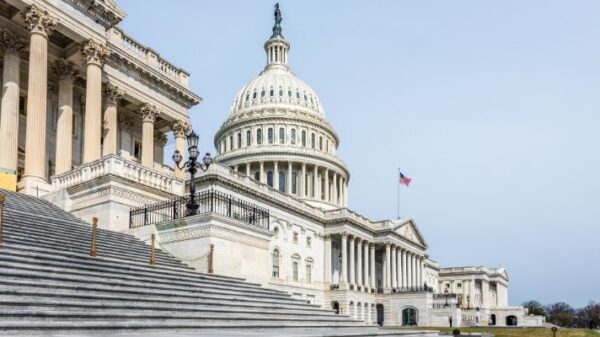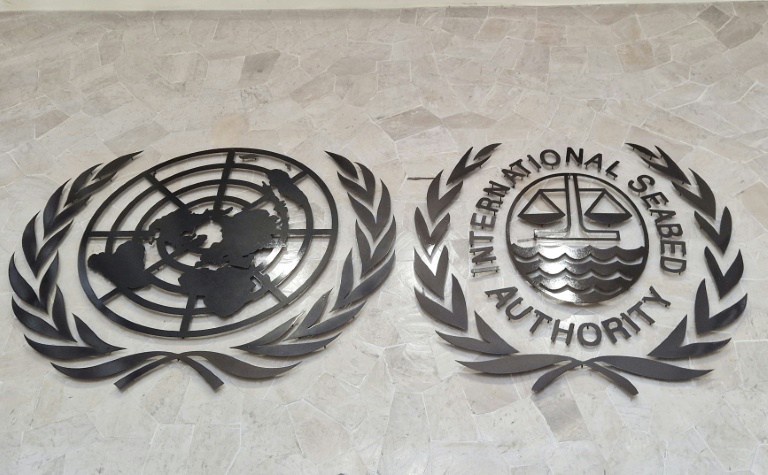The International Seabed Authority (ISA) is facing significant challenges in finalizing regulations for deep sea mining, despite increasing pressure from the United States to expedite the process. Following two weeks of negotiations in Jamaica, the ISA’s executive council has not reached a consensus on the proposed “mining code,” which comprises 107 regulations governing the extraction of valuable metals from the ocean floor in international waters.
The discussions, which built on a previous meeting in March, concluded with a line-by-line review of the proposed rules. These rules pertain to essential minerals such as cobalt, nickel, and manganese, which are critical for manufacturing electric vehicles and supporting emerging technologies. Council president Duncan Muhumuza Laki described the review as a significant milestone, receiving applause from council members.
Despite this progress, key sections of the proposed regulations remain contentious, particularly those related to environmental protections. Several member states have voiced opposition to Laki’s call for a swift finalization of the code within the year, as outlined in a roadmap released in 2023. Salvador Vega Telias, a representative from Chile, emphasized the need for a solid and equitable framework before any mining activities can commence. He stated, “The exploitation activities cannot begin as long as we do not have a solid, equitable framework.”
The ISA’s Secretary-General, Leticia Carvalho, echoed these concerns, stating, “The deep sea needs rules,” while insisting that the effectiveness of governance in this area relies on comprehensive scientific knowledge and inclusive dialogue.
The ongoing ISA session will continue next week, involving all 169 member states. The discussions come in the wake of a controversial move by U.S. President Donald Trump, who directed his administration in April to expedite permits for deep sea mining. This decision, based on a lesser-known U.S. law from 1980, has raised concerns about the bypassing of the ISA’s established processes.
In a related development, Canada’s The Metals Company (TMC) has taken advantage of this situation by submitting the first request for a high seas mining license. Critics, including non-governmental organizations and various member states, have condemned TMC’s actions as an attempt to circumvent the ISA’s regulatory framework.
A draft resolution under discussion urges the ISA’s legal and technical commission to investigate potential non-compliance by contractors involved in mining activities. It emphasizes the need for reporting any violations of the Law of the Sea and recommending appropriate measures for the council’s consideration.
Nori, a subsidiary of TMC, has held an exploration contract in the Clarion-Clipperton Zone since 2011, which is set to expire in one year. TMC initially aimed to secure an ISA-awarded commercial mining license but has pivoted towards seeking approval from the U.S. government for its operations.
The atmosphere in Kingston has become increasingly tense, with various delegations expressing frustration over procedural rules established by council leadership, including closed-door negotiations. Emma Watson from the Deep Sea Conservation Coalition criticized these developments, highlighting the potential risks to fragile ecosystems that have yet to be fully understood.
As the discussions progress, the balance between the urgent demand for strategic minerals and the imperative to protect the marine environment remains a central focus. Advocates for ocean conservation continue to warn against the establishment of an industry that could irreparably damage isolated ecosystems, while proponents argue that these materials are vital for advancing clean energy technologies.







































































